Prescribe remarriage


 Prescribe remarriage
Prescribe remarriage
According to the law, permission to remarry a man is prohibited, except for legal reasons. In the Holy Shari’ah, the number of wives is prescribed for up to four permanent wives, provided that the man is able to administer justice between them.
The law prohibits the husband from having a second wife except for legal reasons. Accordingly, if the legal conditions are met, the man must submit his application (petition for permission to remarry) to the court and state the reasons for his request, and this application and the petition must be filed before the man’s remarriage.
Therefore, according to Article 16 of the Family Protection Law, approved in 1974, a man can’t have a second wife with a wife, except under the following conditions:
- Consent of the first wife.
- Lack of power of the first wife to perform marital duties.
- Disobedience of the wife to the husband.
- A woman suffering from insanity or incurable diseases is the subject of clauses 5 and 6 of article 8 of the family protection law.
- Conviction of the woman according to paragraph 8 of Article 8 of the Family Protection Law.
- A woman suffering from any harmful addiction according to paragraph 9 of article 8 of the family protection law.
- Leaving family life on the part of the woman.
- Absence or disappearance of a woman according to Clause 14, Article 8 of the Family Protection Law.
Therefore, if a man, having his first wife, tries to remarry according to the law, he has not committed an act against the law and Sharia.
Now, if the cause of the man’s remarriage is the wife, in such a way that the wife becomes the reason for the man’s permission to remarry by engaging in bad behavior, disobedience or expressing her consent to remarriage, after the husband’s remarriage, Can the first wife still act as an attorney from the husband to divorce herself from the condition of the marriage contract or not?
There are two opinions in response to the question:
- According to the first opinion, including such a condition in the contracts generally and without any restrictions, the right of divorce has been given to the woman, if the man acts due to his wife’s misbehavior and her disobedience, or with a marriage license from a competent court or without issuing such a license to get married, the first wife should be given the right to use the power of attorney granted during the marriage contract.
- According to the second opinion, the husband and wife cannot stipulate during the marriage contract that the man does not have the right to choose another wife as long as the marriage of the first wife remains.
Some jurists, including the late Dr. Emami, have called it one of the illegitimate conditions in a contract because the abolition of the right of enjoyment or its exercise in Iranian law is generally prohibited in accordance with the provisions of Article 959 of the Civil Code.
Note: Therefore, it is certain that at the time of concluding the marriage and signing the conditions during the marriage, the intention was to grant power of attorney to the wife on the condition of performing her religious, legal and customary duties as a spouse, but when the wife can adhere to the conditions during the marriage should not be the cause of the violation itself. In the case of remarriage, the husband should also consider whether the wife has performed all her religious duties as a spouse and, with this description, the husband has remarried.
But currently, in this case, the unanimous decision 716 dated on October 12, 2010 of the General Board of the Supreme Court has determined the final task; If the wife refuses to perform her duties without any legitimate obstacle, by proving the status of the husband’s readiness in the court and obtaining the marriage permission, the wife’s representation of the husband in the divorce is not valid and enforceable.
If you have any questions regarding the remarriage prescription lawsuit and related rulings, or if you need guidance in the implementation or regulation and its provisions, our experienced consultants and lawyers in the Asia Lawyers Group will answer your questions.


